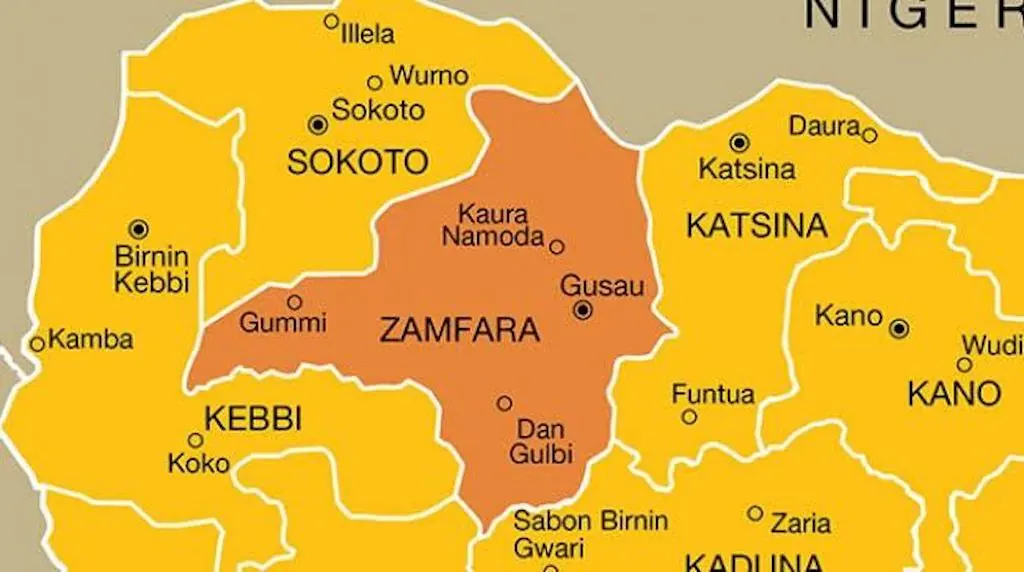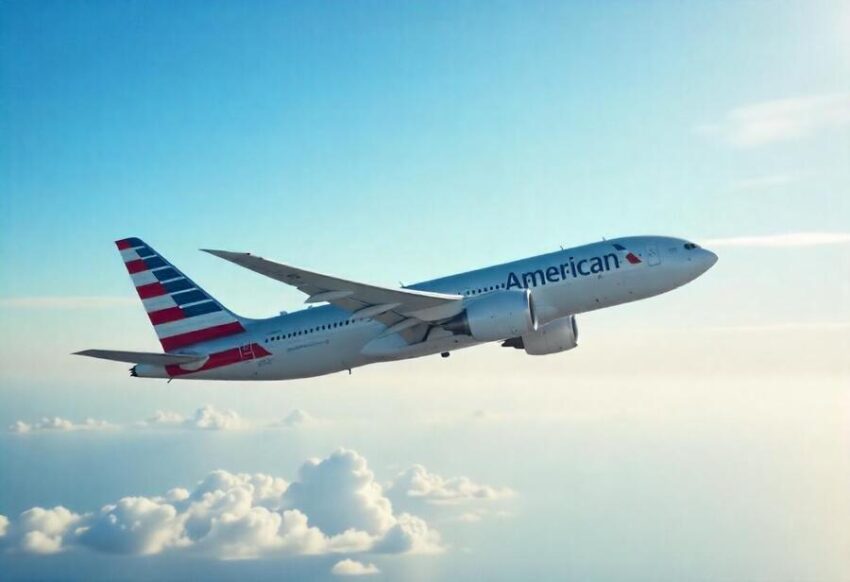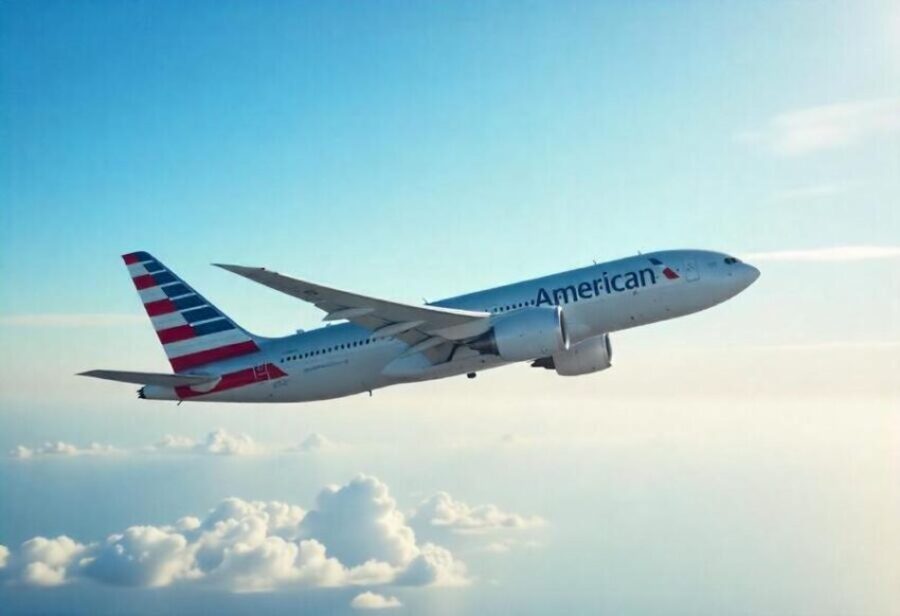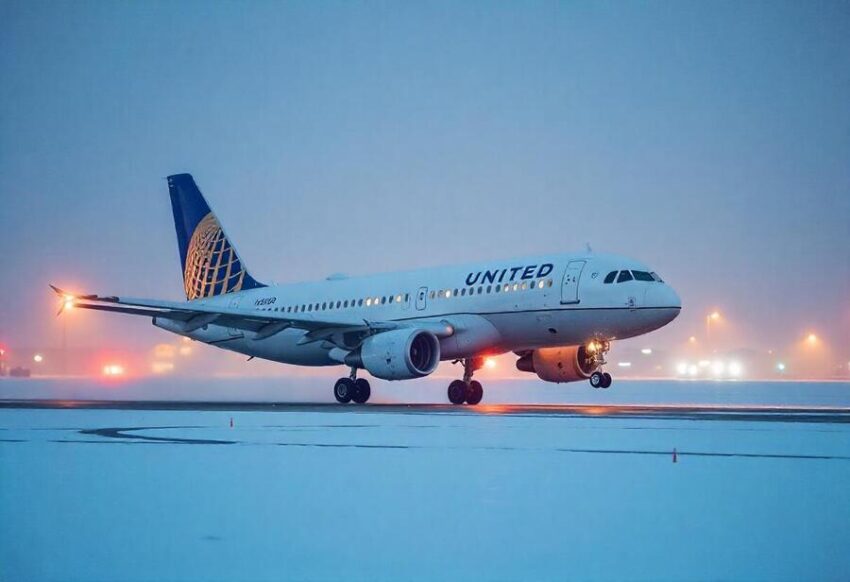Can United Airlines vs. American Airlines Turf War, A New Limbo or Battle at Chicago's O'Hare International Airport Threaten Flight Trips of Passengers at Jeopardy? - Travel And Tour World
Monday, May 12, 2025

Travel industry analysts indicated that the escalating conflict between American Airlines and United Airlines at Chicago’s O’Hare International Airport could have broad implications for passengers traveling globally during summer 2025. With air travel already facing numerous challenges in 2025, the competition at O’Hare, one of America’s busiest airports, was anticipated to further complicate travel plans.
O’Hare served as a significant international gateway, processing thousands of passengers daily, connecting major cities worldwide, particularly across North America, Europe, Asia, and Latin America. The intensifying rivalry between American and United Airlines created uncertainty among travelers about flight availability, pricing structures, and airline service reliability, potentially disrupting plans at a critical peak travel period.
Analysts believed that passengers might experience immediate benefits, such as reduced fares and increased flight options. Indeed, fares for domestic flights at O’Hare were already reported to be down by three percent compared to the same period the previous year. This fare reduction was attributed directly to the intense competition between American and United Airlines.
However, while lower fares benefited passengers initially, the potential disruption arising from the airlines’ ongoing conflict could negatively impact traveler confidence. Frequent flyers expressed concerns that prolonged legal disputes and intense rivalry might lead to scheduling unpredictability and reduced overall service quality as the airlines became preoccupied with their competitive battle.
Travel agencies, both within the United States and internationally, anticipated significant repercussions. The uncertainty over which airline would dominate routes and gates at O’Hare meant travel agencies faced increased difficulty in advising clients, particularly regarding advanced bookings for connecting flights to international destinations.
Agencies also noted the potential for higher customer dissatisfaction due to possible last-minute schedule changes resulting from shifting airline dominance at the airport. Travelers who frequently booked through Chicago’s O’Hare, especially those traveling internationally from Europe, Asia, or Latin America, risked disruptions, potentially forcing agencies to bear higher operational costs related to rebooking and itinerary management.
Experts suggested that the outcome of the dispute could set important precedents for airline competition in other major hubs worldwide. The success or failure of American Airlines’ legal challenge against Chicago’s decision to grant additional gates to United could influence how airport authorities globally allocate resources and handle similar competitive disputes between airlines.
Additionally, global airlines observing the O’Hare conflict closely might strategically adjust their competitive behaviors at other international airports. Thus, the O’Hare dispute had broader implications beyond just American and United Airlines, potentially reshaping competitive practices within the global aviation industry.
In response to United Airlines’ dominance at O’Hare, American Airlines strategically emphasized its ability to offer exclusive direct international flights. Specifically, American highlighted its direct flights from Chicago to Naples, Italy, noting that United did not provide this route from O’Hare. This international offering provided a competitive advantage to American Airlines, allowing it to appeal directly to global travelers seeking more convenient and direct international connections.
Furthermore, American Airlines planned additional direct routes to the Caribbean and Central America starting in summer 2025. These new routes aimed to attract travelers who preferred direct flights instead of relying on connecting journeys or cruise ships. Such strategic route expansions were expected to draw travelers who prioritize convenience and direct accessibility, potentially offsetting United’s aggressive gate expansion strategy at O’Hare.
United Airlines aggressively leveraged its established position in Chicago to reinforce its market dominance at O’Hare. The airline, headquartered in Chicago, considered itself the city’s “official airline,” a perception bolstered through various branding strategies. Notably, United held the naming rights to the United Center, a prominent venue home to the Chicago Bulls and Blackhawks, emphasizing its deep-rooted connection to the city.
To further consolidate its branding advantage, United had installed highly visible signage at O’Hare International Airport. Prominent signs clearly positioned United as “Chicago’s #1 Airline,” while another sign humorously referred to competitors as simply “The Rest.” Such branding reinforced United’s strategic dominance and sought to create a lasting impression among travelers arriving at Chicago’s premier airport.
In May 2025, tensions heightened significantly after the city of Chicago announced plans to allocate additional gates at O’Hare International Airport specifically to United Airlines. This decision triggered intense criticism and a legal challenge from American Airlines, which argued that the allocation unfairly limited its operational capacity at the airport.
United Airlines, benefiting significantly from this decision, aimed to increase its operational capabilities at O’Hare, potentially solidifying its position as the airport’s primary carrier. Industry experts indicated that this gate allocation might allow United to increase flights, frequency, and passenger volumes considerably, potentially affecting market dynamics well beyond O’Hare and influencing airline competitiveness nationwide.
The dispute culminated in American Airlines initiating legal action against the city of Chicago in May 2025. The lawsuit specifically contested Chicago’s decision to grant additional gate access to United Airlines. American Airlines argued that this decision severely diminished its presence at O’Hare, undermining competitive balance and potentially harming consumer choice.
American Airlines asserted in its official complaint filed in court that United Airlines’ long-term strategy at O’Hare effectively left no viable space for American, a claim highlighting the intense competition and its potential broader implications. The lawsuit emphasized that increased competition between airlines typically leads to greater consumer benefits, including lower fares and increased service options, something potentially jeopardized by gate allocation decisions favoring one airline excessively.
The competition between United and American Airlines reached a new intensity in May 2025, right before the peak travel period that traditionally began on Memorial Day. Industry analysts recognized summer as a critical travel period when passenger numbers significantly surged, especially families and vacationers traveling domestically and internationally.
Given the already challenging conditions within U.S. air travel, including prior delays and cancellations earlier in 2025, this rivalry at O’Hare International Airport added further uncertainty. Observers anticipated that heightened competition could amplify existing challenges, potentially affecting millions of travelers during the crucial summer months.
A prominent rivalry unfolded between two of America’s largest airlines—United Airlines and American Airlines—at Chicago’s O’Hare International Airport in early May 2025. Both carriers were locked in a high-stakes competition for market dominance at one of America’s most important transportation hubs. The rivalry had implications not only domestically but also internationally, given O’Hare’s strategic location connecting numerous international routes.
Travel industry experts monitored this developing situation closely, recognizing that the outcome could reshape competitive dynamics, influence traveler choices significantly, and establish precedents affecting airline competition and gate management practices across major airports worldwide.












